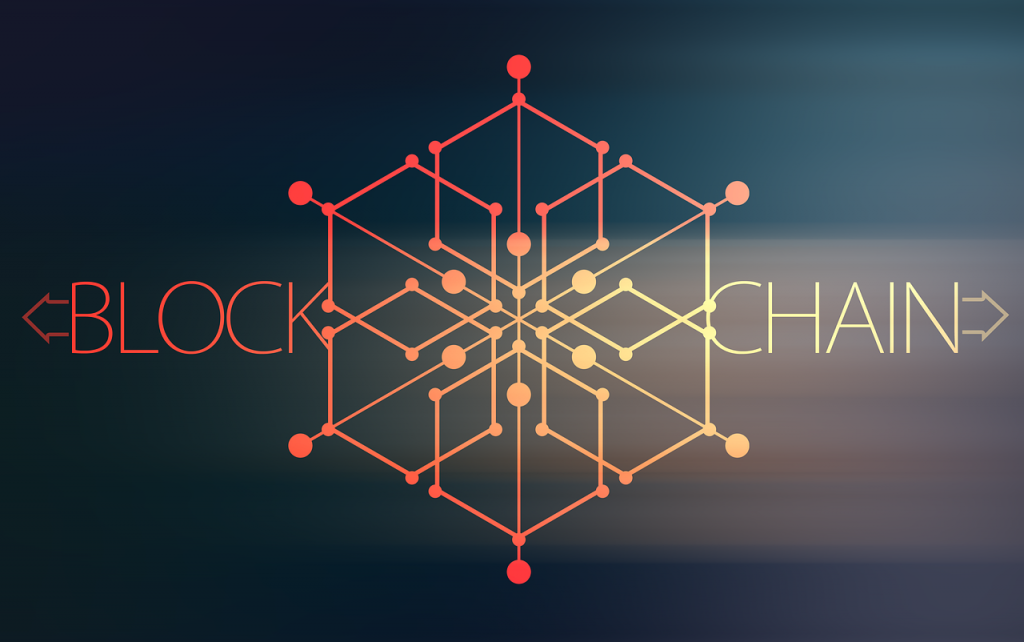In the age of globalization and digital transformation, supply chain management (SCM) has become increasingly complex. Companies now manage intricate webs of suppliers, manufacturers, logistics providers, and retailers spread across continents. Amid these challenges, blockchain technology is emerging as a powerful solution to streamline operations, increase transparency, and enhance trust in supply chains.
This article explores in detail how blockchain is revolutionizing supply chain management, breaking down technical concepts into clear, non-technical insights and examining real-world applications across industries.
What is Blockchain?
Before diving into its applications in supply chains, it’s important to understand what blockchain is.
Blockchain is a decentralized digital ledger that records transactions across a network of computers. Each record (or block) is time-stamped and linked to the previous one, forming a chronological chain of data. This structure ensures data integrity, as information cannot be altered retroactively without consensus from the entire network.
The key features that make blockchain transformative include:
-
Immutability: Once a record is added, it cannot be changed.
-
Transparency: All participants have access to the same data in real-time.
-
Decentralization: No single party controls the system.
-
Security: Cryptographic methods protect data from unauthorized access.
Challenges in Traditional Supply Chains
Traditional supply chains often face several problems that stem from a lack of visibility and trust among parties. These include:
-
Lack of transparency: Information silos between suppliers, shippers, and retailers can result in delays and miscommunication.
-
Fraud and counterfeiting: Particularly in industries like pharmaceuticals and luxury goods, counterfeit products are a serious issue.
-
Inefficient record-keeping: Paper-based and legacy digital systems are prone to errors, tampering, and duplication.
-
Traceability issues: Tracking the origin and journey of products can be time-consuming and unreliable.
-
Complex regulatory compliance: Companies must adhere to evolving regulations, which requires accurate documentation and audit trails.
These inefficiencies lead to delays, increased costs, reduced customer trust, and in some cases, serious legal consequences.
How Blockchain Improves Supply Chain Management
Blockchain introduces fundamental changes that address these pain points. Here’s how:
1. Enhanced Transparency
Blockchain provides a single source of truth. All participants can see the same data in real-time, which fosters trust and reduces disputes. For instance, if a shipment is delayed, all parties—from manufacturer to customer—can see the reason and act accordingly.
2. Real-Time Traceability
Every product in a blockchain-based supply chain can be assigned a unique identifier (like a digital passport). At each stage—production, shipping, warehousing, and retail—information is recorded and time-stamped. This enables real-time tracking, making it easy to trace any item back to its origin.
This is critical in industries like:
-
Food and agriculture: Identifying contaminated batches quickly during a recall.
-
Pharmaceuticals: Ensuring medicines are genuine and stored under proper conditions.
-
Apparel: Verifying the ethical sourcing of raw materials.
3. Improved Security and Reduced Fraud
With blockchain, data is encrypted and shared only with authorized parties. Every change requires consensus, making it extremely difficult to alter or fake records. This combats issues like:
-
Counterfeit goods: Verifying product authenticity at each supply chain checkpoint.
-
Invoice fraud: Ensuring payment records match actual goods delivered.
4. Automation Through Smart Contracts
Smart contracts are self-executing agreements built into blockchain systems. These contracts automatically trigger actions when predefined conditions are met. For example:
-
When goods arrive at a destination, a smart contract could automatically release payment.
-
If a shipment’s temperature goes outside a safe range, an alert could be triggered.
This reduces manual intervention, improves accuracy, and speeds up workflows.
5. Efficient Auditing and Compliance
Blockchain offers a tamper-proof audit trail, ideal for regulatory compliance. All product movements, handling processes, and certifications can be logged and instantly retrieved by auditors or regulatory bodies. This reduces the cost and time of compliance checks while ensuring accuracy.
Real-World Examples of Blockchain in Supply Chains
IBM and Maersk – TradeLens
IBM partnered with global shipping giant Maersk to develop TradeLens, a blockchain-based platform for global trade. TradeLens brings together hundreds of stakeholders, including ports, customs authorities, and logistics firms, to share data in real-time. This has reduced paperwork, improved cargo tracking, and increased efficiency.
Walmart – Food Traceability
Walmart uses blockchain to track the journey of produce and meat products from farm to store. For example, tracing the origin of mangoes used to take 7 days. With blockchain, it now takes 2.2 seconds. This rapid traceability is invaluable during food safety investigations.
De Beers – Diamond Tracking
De Beers, one of the world’s largest diamond companies, uses blockchain to verify the ethical sourcing of diamonds. The system ensures that diamonds are conflict-free and not linked to unethical mining practices.
Provenance and Everledger
Startups like Provenance and Everledger are using blockchain to build transparency in consumer goods and high-value items like wine, art, and luxury watches. They provide digital certificates for every item, allowing buyers to verify authenticity and origin.
Benefits for Businesses and Consumers
For Businesses:
-
Reduced operational costs through automation and streamlined processes.
-
Improved decision-making with accurate, real-time data.
-
Stronger brand reputation by ensuring ethical and transparent practices.
-
Competitive advantage in industries where traceability and trust are paramount.
For Consumers:
-
More informed purchasing decisions with access to product origin and journey.
-
Greater confidence in product authenticity and ethical sourcing.
-
Faster responses to product recalls and quality issues.
Limitations and Challenges
Despite its potential, blockchain adoption in supply chains faces several hurdles:
-
Integration with existing systems: Many companies rely on legacy software that doesn’t easily interface with blockchain platforms.
-
Scalability issues: Public blockchains, in particular, can be slow when handling high transaction volumes.
-
Lack of standards: With multiple platforms and protocols, interoperability is a challenge.
-
Initial costs and complexity: While blockchain can reduce costs long-term, upfront investment and technical expertise are needed.
-
Privacy concerns: Not all data should be visible to all participants, so permissioned (private) blockchains are often necessary.
The Road Ahead
As blockchain matures, innovations like Layer 2 scaling solutions, interoperable blockchains, and privacy-preserving technologies are addressing many of its current limitations. Governments and industry consortia are also working on setting standards to accelerate adoption.
Looking ahead, we can expect blockchain to become a core component of digital supply chains, enabling smarter, safer, and more sustainable global trade networks.
Blockchain is more than a buzzword—it’s a transformational force for modern supply chains. By providing transparency, enhancing traceability, and fostering trust among stakeholders, it addresses many of the inefficiencies and risks that plague traditional systems. While challenges remain, the progress already made by pioneers like Walmart, IBM, and De Beers proves that blockchain is not just theoretical—it’s already reshaping the way we move goods around the world.
As the technology evolves and adoption increases, supply chains will not just be optimized—they’ll be revolutionized.


